T4K3.news
Research suggests interstellar clouds may have cooled Earth
New study proposes our path through the Milky Way could influence Earth's climate.
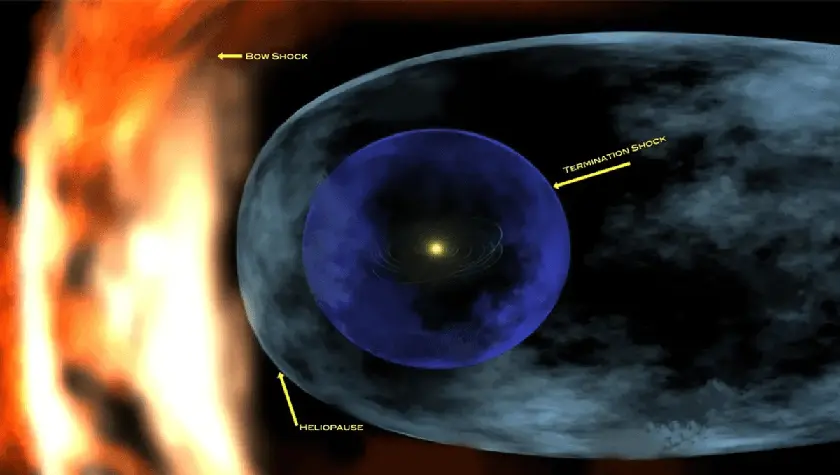
Scientists suggest our Galactic journey could influence Earth’s climate.
Encounter With Interstellar Cloud May Have Impacted Earth's Climate
As the Solar System navigates through the Milky Way, its path may intersect with dense interstellar clouds that affect our climate. A recent study indicates this movement could have led to climate cooling by altering the solar wind flow, as our heliosphere contracts when facing these dense regions. This research highlights the Solar System's current position within the Local Bubble and suggests a journey through colder gas clouds millions of years ago may have introduced particles that impacted Earth's atmosphere. Evidence from geological records shows increased isotope levels linked to supernovae might actually stem from these encounters, shifting our understanding of Earth’s climatic evolution. The implications of these findings could extend to how climate changes have influenced human development, emphasizing the need for further research in modern climate models.
Key Takeaways
"This paper is the first to quantitatively show there was an encounter between the Sun and something outside of the solar system that would have affected Earth’s climate."
Space physicist Merav Opher highlights the groundbreaking nature of the study.
"Very few works have investigated the climatic effects of such encounters quantitatively in the context of encounters with dense giant molecular clouds."
The research team notes a gap in prior studies regarding these cosmic impacts.
"The shrinkage of the heliosphere exposed Earth directly to the interstellar medium."
The team discusses the potential consequences of the heliosphere’s contraction.
"This work should be revisited with modern atmospheric modelling."
The authors call for updated approaches to study the implications of their findings.
This research opens new avenues in our understanding of climate science, linking cosmic events to terrestrial phenomena. The idea that interstellar clouds could significantly alter Earth's atmosphere raises intriguing questions about climate adaptability throughout human history. As scientists delve deeper into geological evidence of these encounters, we could potentially uncover correlations between cosmic events and major climatic shifts that played a role in human evolution. It also sheds light on the fragility of Earth’s climate, suggesting it is subject to forces not typically considered in traditional environmental studies.
Highlights
- Cosmic clouds may have played a hidden role in Earth’s climate changes.
- Could our solar journey shape human evolution?
- Is the heliosphere Earth’s best defense against cosmic particles?
- These findings challenge what we know about climate change.
Potential Implications on Climate and Human Evolution
The study's findings suggest past interstellar events may have directly influenced Earth's climate, raising concerns about true climatic stability and adaptation over time.
Future research may redefine our understanding of climate and human history.
Enjoyed this? Let your friends know!
Related News
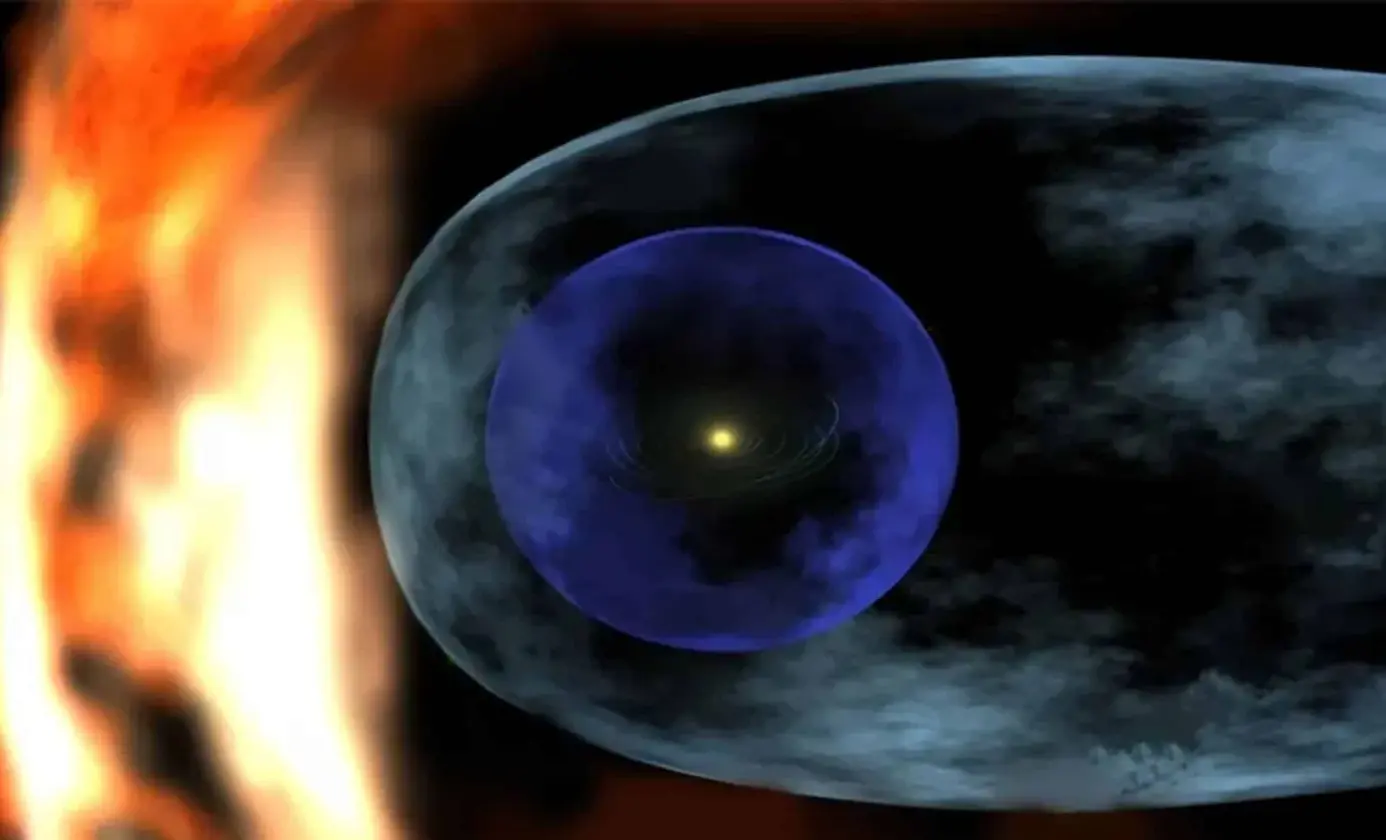
Interstellar encounter linked to past climate changes
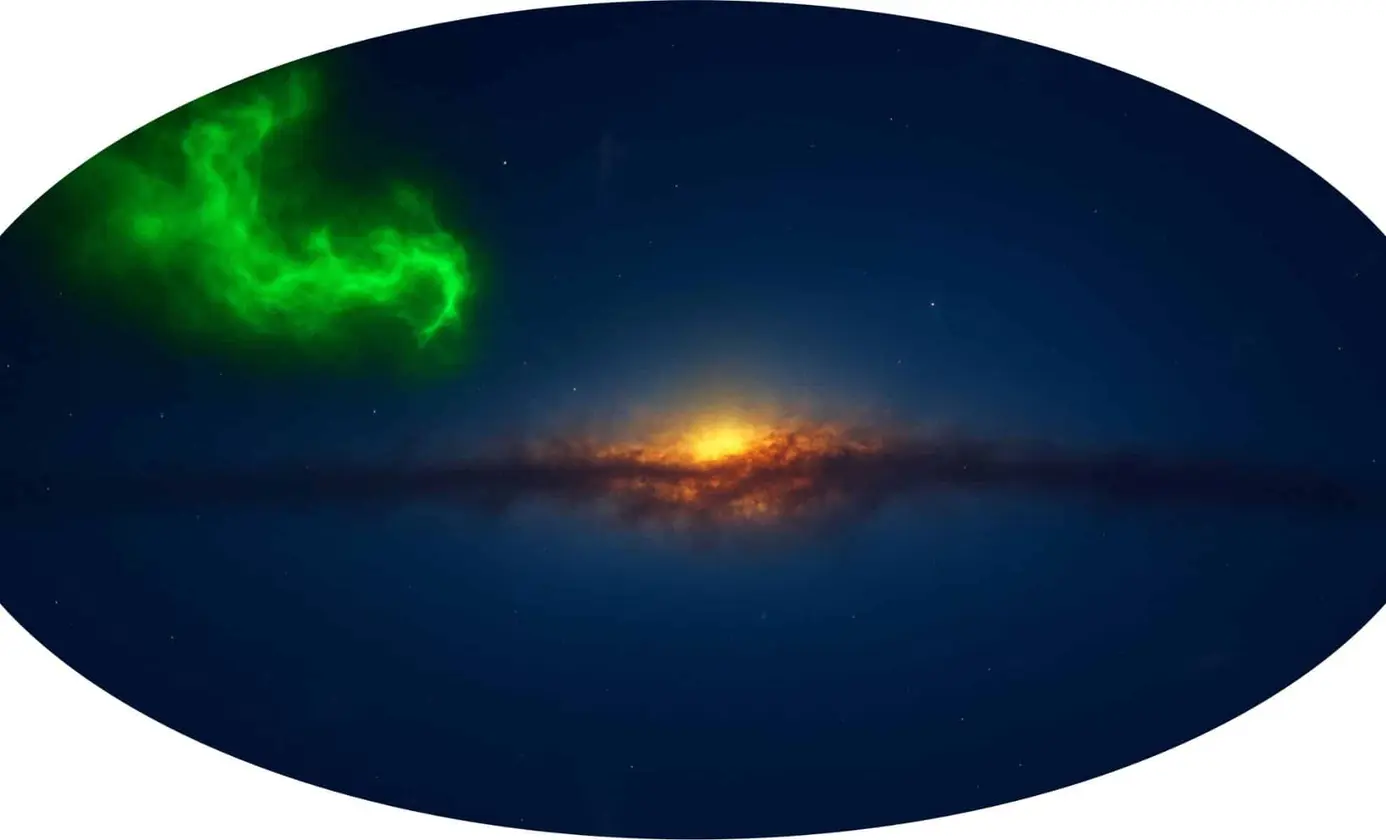
Astronomers Find Filaments in Distant Gas Cloud

New research suggests cosmic origins of life's building blocks
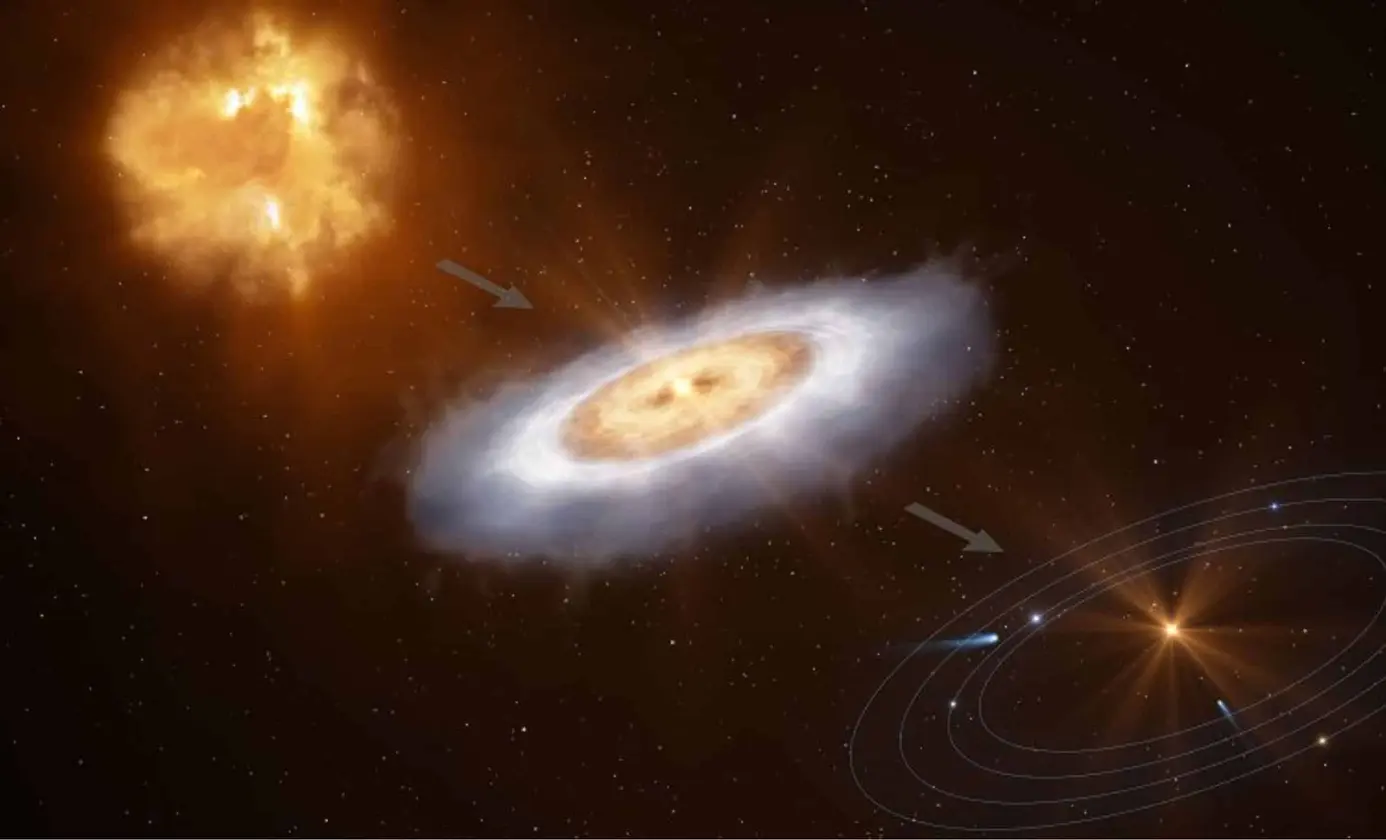
Astronomers discover life's building blocks in distant star's disk
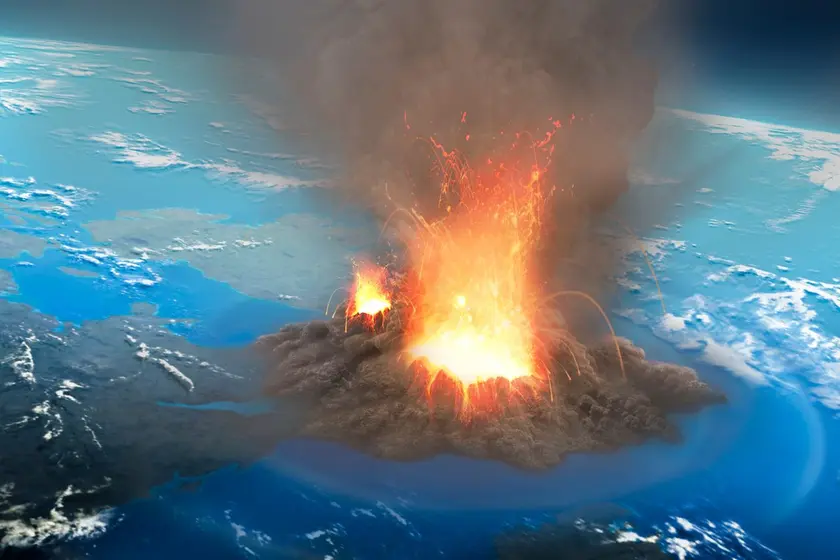
New findings reveal risks of Yellowstone supervolcano eruption
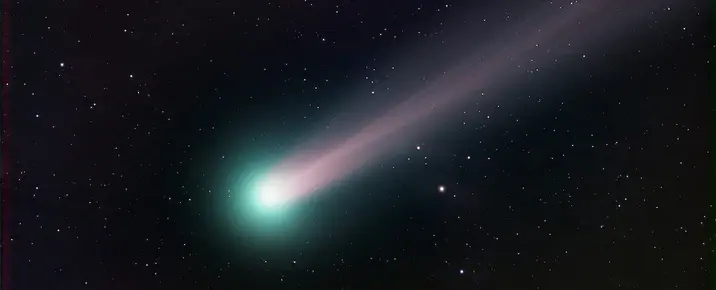
Discovery of Ancient Comet Dust Announced

Marine heatwaves indicate critical ocean changes
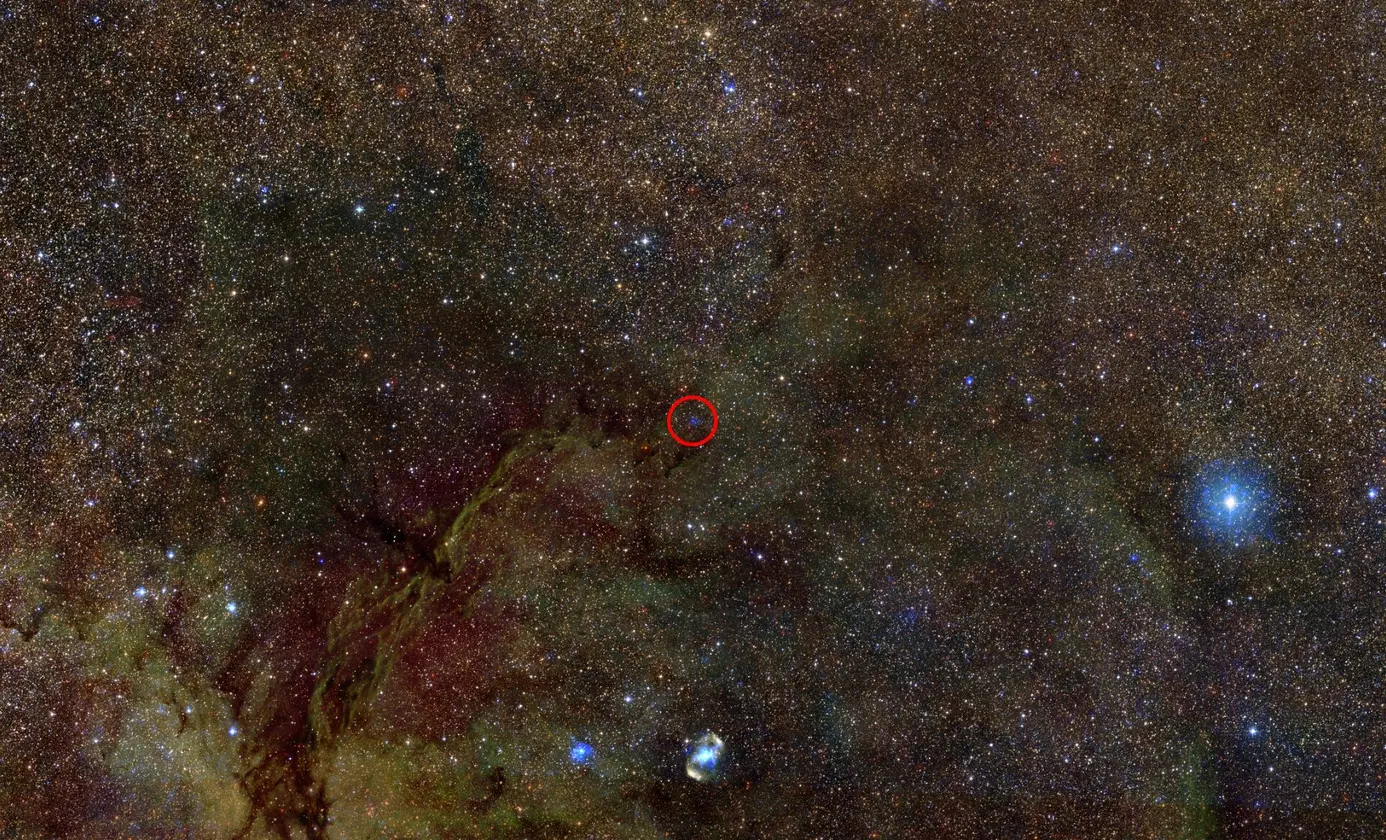
XRISM Uncovers Sulfur in Gas and Solid States
